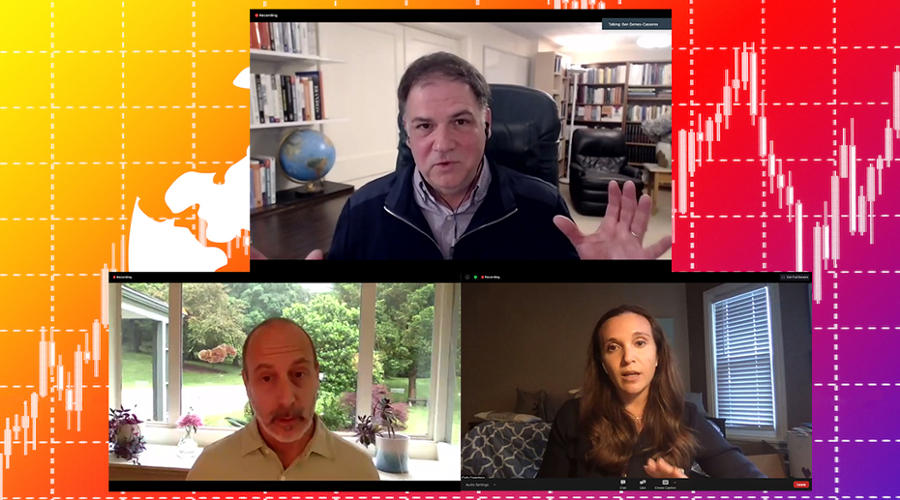Accountability. That’s how you move companies toward more sustainable and environmental action. And it takes the combined effort of investors and consumers to make it a reality.
Rob Brown ’88, MA ’89 and Carly Greenberg ’11, MA ’12 know this firsthand.
Both Brown and Greenberg have deep experience in the field of environmental, sustainable and governance (ESG) investing. During a recent conversation with
Prof. Ben Gomes-Casseres, the Brandeis International Business School alumni outlined winning strategies for persuading businesses to become better corporate citizens.
“Many companies do the right thing — but some don’t,” said Brown, a founding partner of Atlas Impact Partners and a passionate ESG investor.
The virtual event was held as part of the Asper Center for Global Entrepreneurship’s
Business of Climate Change initiative, which seeks to highlight and analyze the business risks and opportunities posed by the climate crisis.
One thing investors and consumers must be prepared to do: pay attention to what companies actually spend their money on. Brown said it’s important to push back against “greenwashing” — that is, talking big but failing to follow through with difficult or costly changes.
Brown used British Petroleum, now commonly known as BP, as a prime example. The firm changed its logo to a green flower and promotes the fact that it spends $500 million of its capital budget on transitioning to renewable energy sources. But that claim takes on an entirely new light once you consider BP’s total capital budget is $16 billion, Brown said.
“So we're talking about 3 percent of the capital budget ... from a company that has committed to net-zero carbon emissions by 2050,” said Brown. “You don't need to be a math genius to know that's 30 years from now. That, to me, is an example of greenwashing that we shouldn't stand for.”
Greenberg has dedicated her career to shifting legacy firms toward sustainability.
She first spent a decade honing her skills at the investment management firm Boston Trust Walden. It was there that Greenberg was able to use the firm’s influence to push companies to be more socially responsible. One example of this work: persuading companies to explicitly add LGBT protections into their work policies.
Greenberg is now the environmental sustainability and ESG reporting manager at the Hershey Group, the global Fortune 500 chocolate company. During her conversation with Gomes-Casseres, she demonstrated how ESG can be done from the inside.
“We committed to science-based climate goals,” said Greenberg. “Some companies will pick a number that sounds good or that they think is achievable. But the science-based target makes the question not, ‘What can we do?’ but, ‘What does the world need us to do?’”
The Business of Climate Change was originally scheduled as a weeklong event in March 2020. Though much of the program was postponed due to the coronavirus pandemic, 15 classes during the spring semester featured virtual guest speakers. The keynote conversation featuring
Thomas L. Friedman ’75, H’88 has been rescheduled to the spring of 2021.


